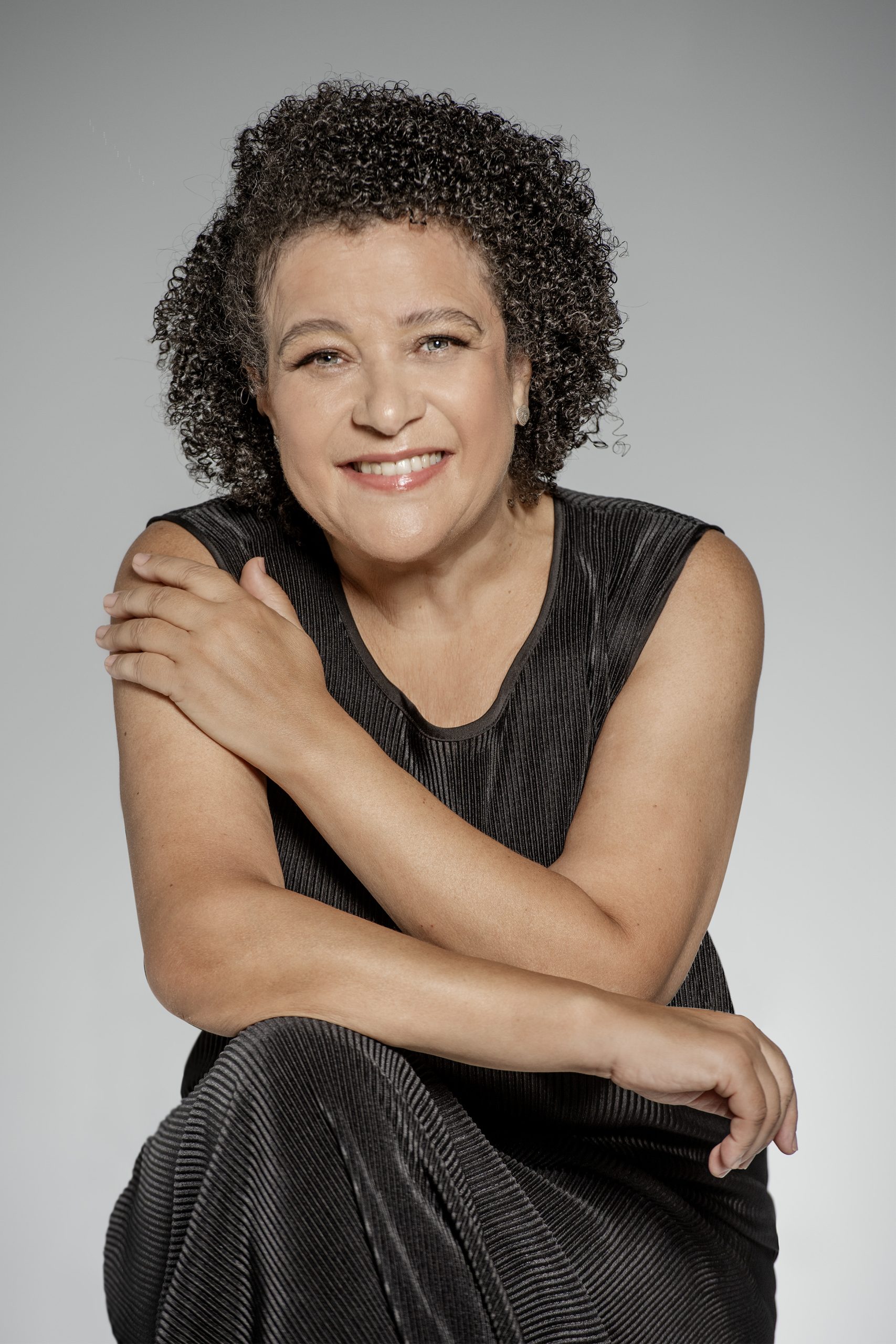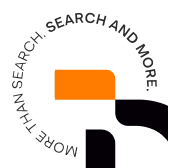“They always told me that women don’t help each other. Revisiting this belief was the first lesson I learned.”
A woman, Northeastern Brazilian, of African descent, Ana Fontes had to deal with discrimination from an early age. After 17 years in the corporate world, with a stable career, she was no longer willing to endure the hostility of that environment. She was one of 35 selected out of more than a thousand applicants to participate in the 10,000 Women program by Fundação Getúlio Vargas, a reference in business education in Brazil. She created a review site and a coworking space, but neither succeeded. She then decided to share what she had learned in the course with other women. By the end of a year, her audience included more than 100,000 women entrepreneurs. In 2017, she founded what is now the largest support network for women-owned businesses in Brazil—the Rede Mulher Empreendedora (Women Entrepreneurs Network). In this interview, we share more about this inspiring story.
According to SEBRAE, the number of women entrepreneurs in Brazil has grown to 10.3 million. Despite this historic milestone (34% of businesses are led by women), women still need to work harder to prove their competence, the viability of their ideas, or to gain the support of their families. Balancing achievements and challenges, is there still a long way to go before we achieve gender equity in the business world?
Yes, there is still a long way to go to achieve equity. But it’s important to highlight the progress we’ve made in the last decade, starting with the recognition that female entrepreneurship is different from male entrepreneurship; it has a different profile, and women face different challenges. Another sign of progress is the growth of female entrepreneurship in traditionally male-dominated fields such as technology, finance, and industry. Obviously, they operate in smaller proportions, the numbers are small, but it is progress. Among the biggest barriers is access to capital, as women are more often denied credit. The imbalance in family care responsibilities, including children and the elderly, is also a very common issue. The care economy is predominantly female, which means women don’t have the same time available to dedicate to their business or personal development. Another major barrier to equity relates to the type of business, which is often tied to traditionally feminine skills. Not that this is the problem, but for these businesses to grow, similar to those led by men, it’s necessary for women to receive more support and incentives for development.

Ana Fontes founded the biggest entrepreneurial woman networktakes in Brazil.
Various studies point out that women pose less risk and generate higher returns for investors. However, one of the major bottlenecks for female entrepreneurship is the difficulty in obtaining financing. How do you view this paradox?
This paradox reflects a macho society where the territory of money has always been occupied by men. They are the ones who talk about money, and the figure of the provider has always been male. The low access of women to resources, despite them being good payers, is the result of a social construct that benefits men. Another problem is the lack of public policies for the inclusion of women, as exists in other countries, with differentiated credit lines considering different profiles and specificities. Our financial education is still geared towards men; the language of money is very masculine. It should be more accessible to women and better reflect their reality. Until there are changes in these aspects and we have credit mechanisms that consider gender (today they are the same for both), until the credit score takes into account that women are good payers, cautious, and better financially organized, this situation is unlikely to change.
From executive to leader of the largest support network for entrepreneurship in the country: over 1.5 million women connected. Looking back on your journey, what were the challenges that taught you the most and can inspire other women?
They always told me that women don’t help each other. Revisiting this “belief” was one of the first lessons I learned. In the last 15 years of entrepreneurship, what I’ve seen is women supporting each other, mentoring one another, helping each other. Another lesson that has stayed with me is the importance of mentoring, which didn’t even have that name in my day. Having someone who has gone through the process, who has already started a business, faced difficulties, and has experience to share makes a huge difference in any entrepreneur’s journey. Today, I have mentors who guide me, providing recommendations that are extremely important. Accepting and embracing vulnerabilities, asking for help, is essential. Being vulnerable is not being weak; on the contrary, it shows that you know what you excel at and when you need others. Giving proper attention to mental health, self-awareness, and understanding that life is full of ups and downs was very important in my journey, and I recommend it for the development of other women entrepreneurs.
You are one of the most inspiring women in Brazil. Throughout your journey, who have been your main role models? Who are they, and why?
I had women in my personal circle who held my hand, supported me, and they are still role models for me today. In addition to them, I’ve been inspired by great entrepreneurs like Luiza Helena Trajano and Sônia Hess (who is part of the Rede Mulher Empreendedora’s advisory board). I’m also inspired by women who don’t necessarily have an entrepreneurial profile but address fundamental issues such as combating racism and sexism, like the philosopher Sueli Carneiro and the psychologist Cida Bento. I like to look at other role models in the entrepreneurial environment, at women who are just starting, building their journey, and who have a lot to teach. I always learn and am inspired by each story.
From one leader to another: how can we break the barrier of prejudice in companies and build effective practices so that women gain more space in leadership positions?
The first step is to bring prejudice to consciousness, to admit that we live in a macho, racist, and LGBT-phobic society. If people and companies do not admit this reality, we cannot change the game. Once aware, organizations must seek effective actions, different from those “cosmetic” ones, which through communication pretend to be doing something but are not doing anything in-depth. Companies and leaders need to be intentional. Only then we can have a fairer and more inclusive society. In 2023, the excuse that there aren’t qualified women or Black people for leadership positions is no longer acceptable.



